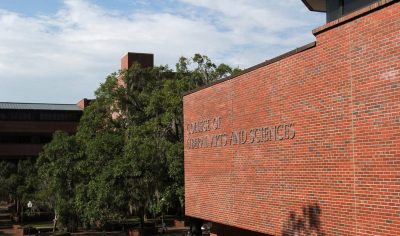Higher education is facing an exponentially growing threat: Cyberattacks. Check Point Software reports educational institutions experienced an average of 2,507 cyberattack attempts per institution per week in the first three months of 2023 alone! Universities and colleges are at a high risk of suffering a data breach or a ransomware attack because the amount and types of data created and stored is extremely valuable to cybercriminals–data like student records, banking information, protected health information, and research data. Restricted data falling into the wrong hands can be devastating for UF, its constituents, to university business partnerships, and for funding from federal and state agencies. The welfare of the campus community and even our recruitment capabilities are all on the line.
Information security is our shared responsibility! Faculty, students, and staff must all be aware of what’s at stake, and do their part to help protect UF from cyberattacks. According to a 2023 IBM Security report, data breaches initiated through compromised credentials (such as GatorLink login information) take the longest for institutions to resolve and can be incredibly costly. Help prevent data breaches by practicing caution when opening any email received in your GatorMail marked [EXTERNAL EMAIL]. These emails come from outside the UF organization and could potentially be phishing attempts. Pay close attention to any email requesting your GatorLink login or other personally identifiable information, and report suspicious messages directly to UFIT with the phish alert report button in the top right corner of your GatorMail.
UFIT’s Information Security Office’s website has recently refreshed its online presence with new resources. Take some time to visit https://security.ufl.edu/protect-yourself/social-engineering/ and learn about different types of cyberattacks and some best practices for protecting yourself…and UF.


